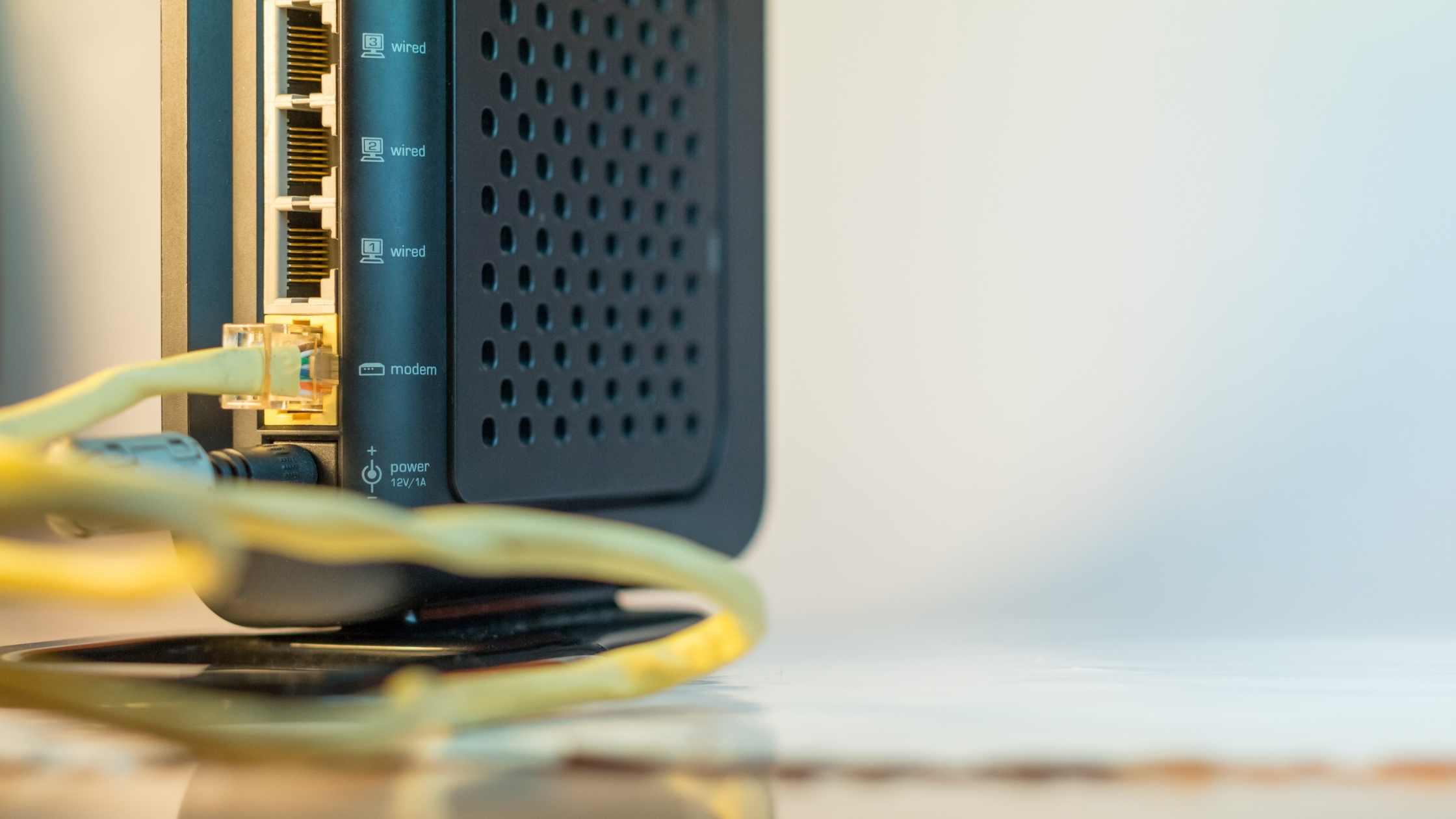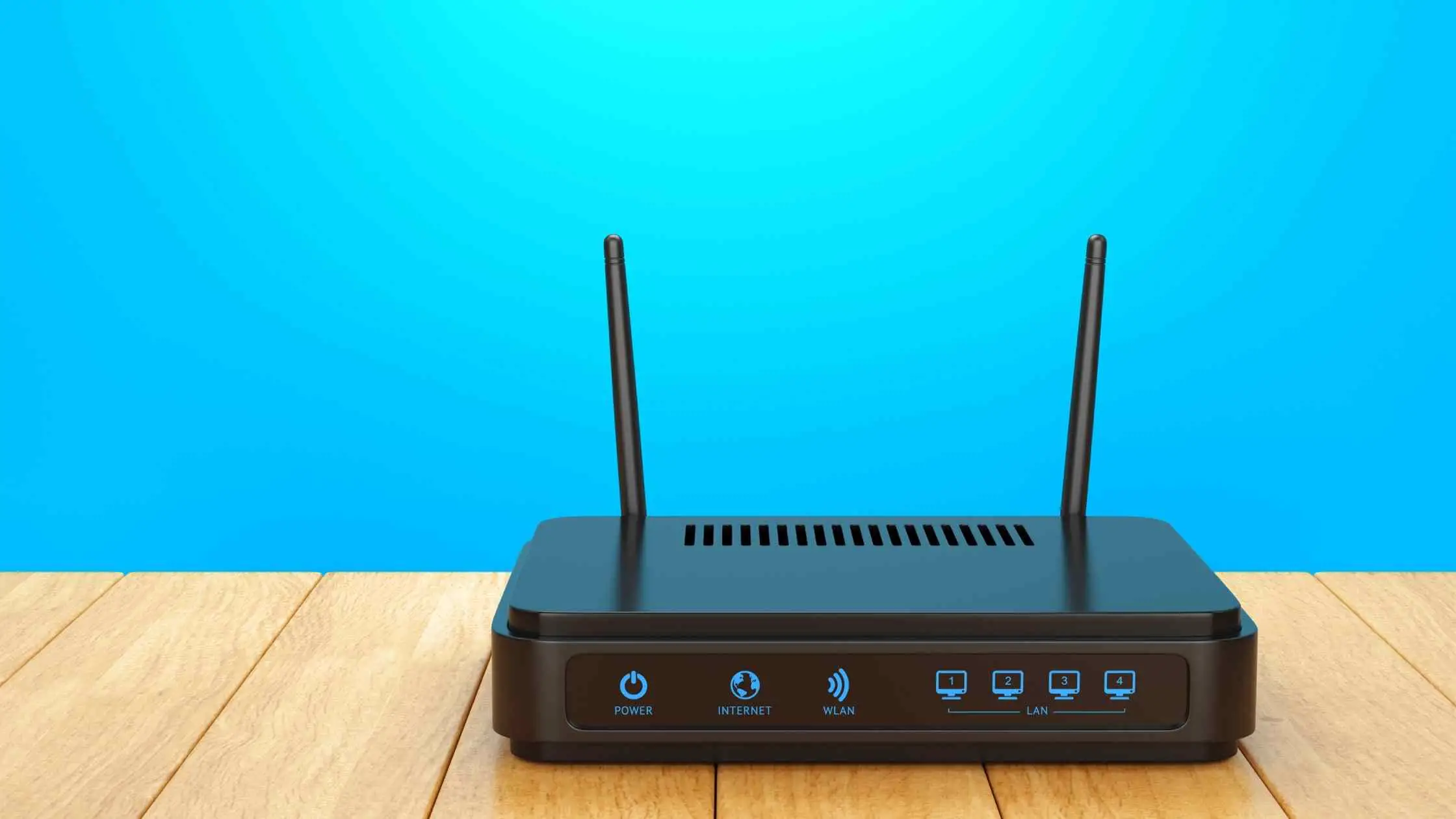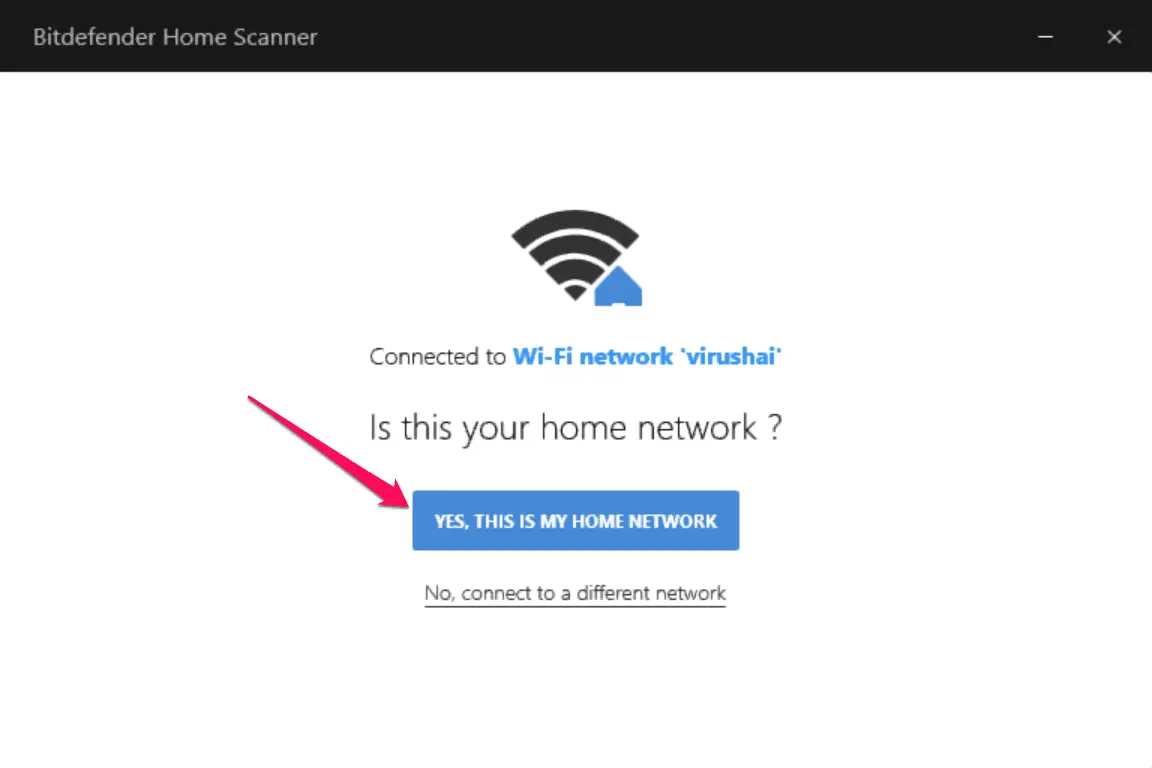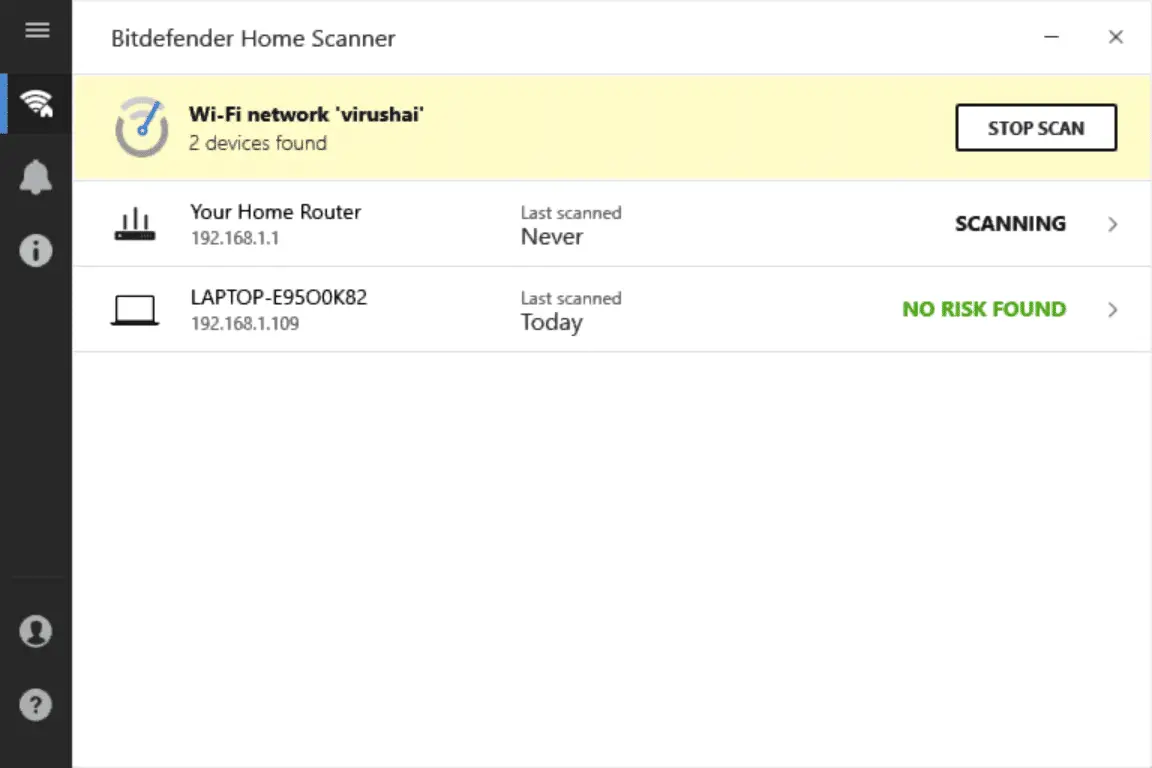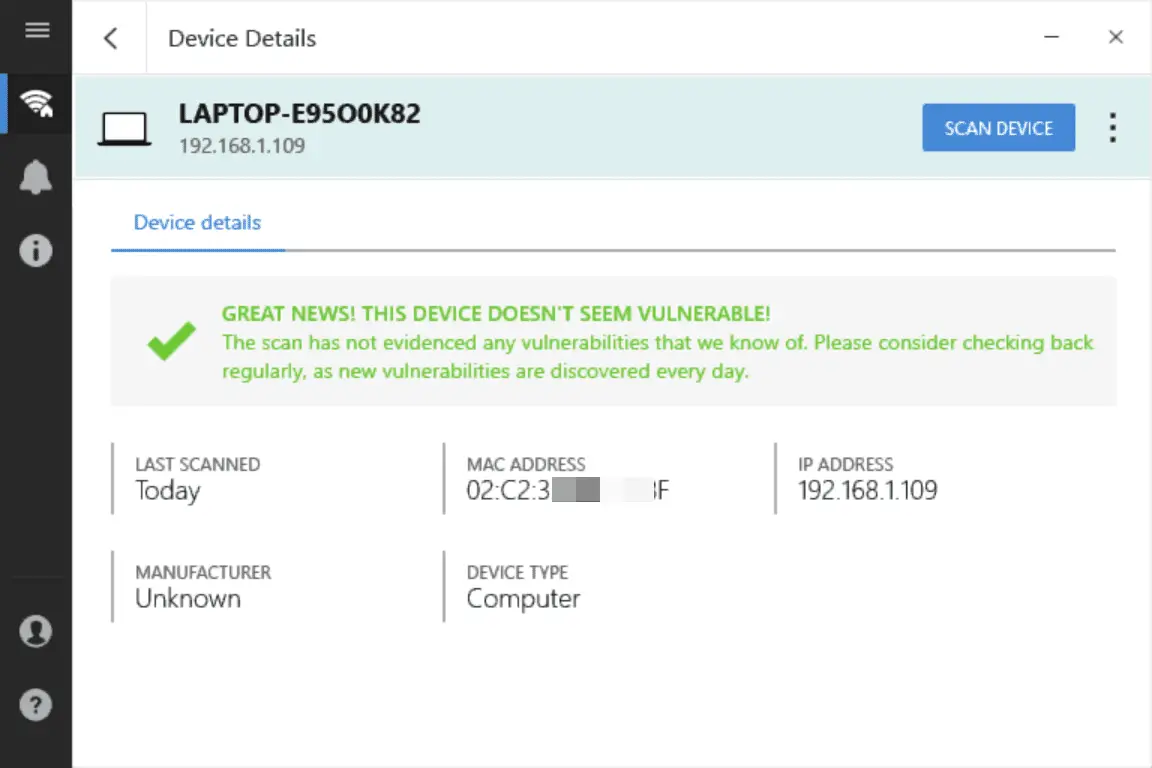This is a very important question to ask. If you know the difference between a modem and a router, you could make better decisions regarding your internet plans and also be able to solve any internet connection issues you might have.
I will be explaining what a modem and router are, individually. Then I will also be giving out tips on how to get the perfect network setup based on your preference and situation.
Similarities Between A Modem And A Router
Why folks can’t usually tell them apart is because they both have indicator lights, Ethernet ports and they do look similar.
They also have in common a few functions like transmitting data from one source to a destination.
That’s basically all that’s similar and below you’ll see that the differences are quite clear.
What Is A Modem?
To know the difference between a modem and a router, you will have to understand what a modem is.
A “Modem” literally means Modulation & Demodulation. Back in the days, modems were used to convert analog signals from telephone lines to digital signals.
Now, it’s quite a bit more advanced than before but it is still roughly the same idea and that’s why we still use the term “modem”.
A modern-day modem now relays signals (converting the analog signals to digital signals) from your ISP (Internet Service Provider) to wherever you’re using the modem (Computer at home or office).
ISPs normally provide modems when you buy their internet plans because modems are what connect you to the greater Internet.
Modem Types:-
There are different modem types that have quite different functions and limitations.
Analog Modems
This type of modem uses phone lines when connecting to your Internet service providers.
The drawback is that you can’t multitask. Using the “phone function” and “browsing the web function” at the same time is impossible.
Digital Subscriber Line (DSL) Modems
This type of modem is close to analog modems because it also uses phone lines but the key difference is that the frequencies used by calls are not used when transmitting.
What this means is that you can multitask here. You can use the internet and still use the phone function at the same time.
Cable Modems
Cable Modems use coaxial cables and Ethernet (Cat 5) cords but they essentially work just like DSL modems.
The only difference is that their connections are wired.
Integrated Services Digital Network (ISDN) Modems
ISDN modems use a circuit switch or dedicated lines for transmitting.
They are also phone lines based but because they have a dedicated medium of transmission, they have similar functions to DSL modems.
What A Modem Does:-
Modems have really important functions and they’re listed and explained below.
Encoding & Decoding Signals
A translator helps you understand a foreign language and that’s exactly what a modem does too.
ISPs send out proprietary signals which normally your devices won’t be able to use but the modem helps convert these signals into a normal standard usable signal for your device.
Modems as inter-networking devices encode information from transmitters and then decode data from the receiver’s end.
Compressing Data
Another important function of modems is compressing data.
Modems do this by grouping data together and submitting it once (there are guidelines on grouping data the modem follows).
What this does is help make the transmission of data faster.
Correcting Errors
Modems help correct errors in data transmission.
When data sent over, modems check the data to see if it matches the original preset values that were assigned to your computer.
If it doesn’t match, modems usually send the data back.
Controlling The Flow Of Information
This deals more with the flow of information between modems.
When a modem detects a slow network on its own end, it communicates with another modem to slow down or stop the transmission of data to accommodate the slow network speed it is currently experiencing.
When the network connection picks up, the previously slow modem then communicates that it is now ready to transmit data at the normal speed and transmission resumes or goes faster.
What Is A Router?
In a modern-day home, there are quite a lot of devices that need to connect to the internet at the same time.
Devices like mobile phones, laptops, smart TVs, and others can all connect to your modem at the same time by using a router.
This in essence is what a router is. A sort of distributor that makes connections to the internet for a variety of devices possible.
A router also allows connected devices over the same network to communicate with each other.
Types Of Routers:-
The most popular routers are wired routers and wireless routers.
1. Wired Routers
As the name suggests, there have to be physical cables connecting modem – router – computer (other devices).
They are quite dependable because physical connections are usually fast. But sometimes wear and tear of cables can cause issues.
Wired routers are sometimes called Hard-lined routers.
2. Wireless Routers
The opposite of wired, wireless routers doesn’t need cables for devices to be connected to a modem.
Wireless routers are still connected to modems by physical cables though to be able to get & send information to & from the internet.
But the other devices (desktops, mobile phones, laptops) will connect wirelessly to the modem using the wireless Router’s antenna.
What A Router Does:-
There are quite a few functions that a router does that are vital to ensuring that all the devices connected to the router can get the corresponding data individual devices want.
Functions like handling traffic, sorting traffic, and ensuring everything run smoothly are part of the important functions of routers.
1. Media Access Control (MAC)
Assuming you have a desktop and a mobile phone connected to a router and you want to access a site on your phone, the router’s job is to make sure that the data about that site gets sent to your phone and not to the desktop that’s also connected.
2. Allowing The Sharing Of Resources Over The Network
Offices and even homes can send files from one device to another easily as long as they’re connected on the same network (router).
What this means is, you can send documents to a printer to be printed, or to co-workers, or to just about any device connected to the same network as you.
3. Security Functions
Routers also provide some basic and some advanced security features that help protect you against unauthorized devices.
You can set up passwords for your router which locks out any device without the correct password.
You can also set up advanced security features like firewalls, restriction on specific media access control addresses, and also blocking some websites from being accessible (helps with kids protection).
Key Difference Between A Modem And A Router
- A modem helps connect devices to the internet while a router helps connect multiple devices to a modem.
- Without modems, you can’t connect to the internet. But without routers, you can’t connect multiple devices in different but close locations (example – rooms in a house) to the internet.
- Modems are responsible for the outside data connection and transmission but routers make “inside the network” transmission of files and data possible.
- If you only have a modem and you want a wireless (wireless routers) connection to your device, you will need a router.
- However, single device users can just use a cable to connect to the modem.
here is a table outlining the main differences between a modem and a router:-
| Feature | Modem | Router |
|---|---|---|
| Purpose | Converts digital signals from your ISP to analog signals used by your devices | Directs data traffic between devices on a network and the internet |
| Connection Type | Connects to a cable, DSL, or fiber-optic line from your ISP | Connects to a modem via Ethernet cable or WiFi |
| Network Coverage | Connects one device at a time directly to the internet | Connects multiple devices to a network and directs traffic to and from the internet |
| IP Address | Typically assigned one public IP address by your ISP | Assigns private IP addresses to devices on the network and uses a public IP address to communicate with the internet |
| Security | Does not include any built-in security features | Includes built-in security features, such as firewalls, to protect devices on the network |
| Configuration | Does not typically require any configuration by the user | Requires some configuration, such as setting up WiFi and password protection |
Devices That Have Modem And Router Features Combined
Folks with the “difference between a modem and a router” question will be happy to know that there are devices that have both modem and router functions.
Provided by your ISPs, this certainly cuts out a lot of cables and it is very easy to set up but there are a few problems or drawbacks though.
Disadvantages Of Using Modem & Router Combined Devices
Router tech evolves faster than modem tech, so if you want to keep up every time there’s any kind of upgrade in one (either router or modem), you’ll have to get a new 2 in 1 device.
But if you have a router and modem separate, you can just upgrade the router without having to splash out for a new modem.
Security features that we talked about earlier (controls over accessible sites, firewalls, and other security features) are better controlled on standalone third-party routers.
Buying your own router also means that you can switch ISPs and still maintain your own router connection.
The same idea also roughly works for buying your own modem (but some ISPs support only some types of modems).
You will get to pay less to your ISP in the long run if you have your own modem instead of the rental modems ISPs rent to users.
Secure your home network using Bitdefender Home Scanner
Bitdefender Home Scanner is a free tool that scans your Wi-Fi network, maps devices and identifies and highlights network security flaws.
Bitdefender Home Scanner looks for weak passwords, as well as vulnerable or poorly encrypted communications.
It correlates the information gathered from your connected devices with online vulnerability databases and gives you a thorough report so you can ensure maximum security for your network.
This tells you everything you need to know about each connected device, helping you to recognize ones that belong to you, and spot any that don’t – such as devices belonging to
neighbors who are cheekily piggybacking onto your Wi-Fi.
Although Bitdefender Home Scanner highlights any possible problems found during the scan, it can’t fix them for you. Instead, it provides you with the advice you need to solve the flaw yourself.
This tends to be a bit basic and could be something you already know, but if it spurs you into taking action against a security risk, then the application has done its job.
The software also offers a handy ‘On connect’ mode which, when enabled, allows Bitdefender Home Scanner to scan new devices as and when they connect to your home
network.
How to Use Bitdefender Home Scanner
Before you start using Bitdefender Home Scanner ( Download Now ), you’ll need to sign up for a free Bitdefender account.
Run the software and you’ll be asked if the network you’re connected to is your home network. If it is, click Yes. If not, you can click the link to connect
to a different one.
Once you’ve confirmed your home network, the program will carry out a scan to find all connected devices 1 – including your router – and check for problems. The process takes a while and you can stop it at any time. It will identify any devices that are potentially at risk. Click one to find out more.
The Device Details page tells you about the selected device, including its manufacturer, device type (if known) and MAC and IP addresses.
Click the arrow to learn about any vulnerabilities. You can scan the device again at any time. Notifications can be viewed by clicking the bell icon in the sidebar.
Conclusion
The difference between a modem and a router lies in the fact that a modem connects a device to the internet while a router connects multiple devices to a modem.
This basically means that both devices are important. A modem is important for an internet connection while a router is important for multiple devices connecting to the internet.
Buying a router and a modem (separately) is expensive in the short-run but long-term cheaper and much more sensible.
I hope by now you know the difference between a modem and a router. Please share your experience about using routers and modems in the comments section below.

























